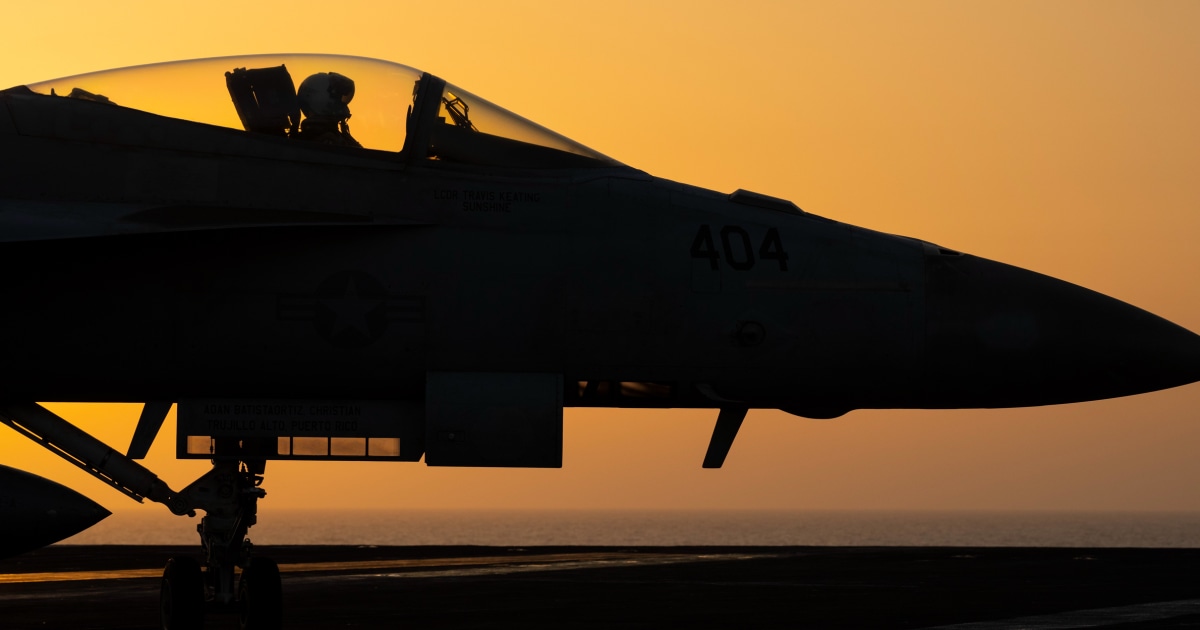World
Live updates: Israel expands invasion into southwestern Lebanon; Hezbollah fires rockets at Haifa

Hamas leader-in-exile Khaled Meshaal said the Palestinian group would rise “like a phoenix” from the ashes despite heavy losses during a year of war with Israel, and that it continues to recruit fighters and manufacture weapons.
One year after the Hamas attack that triggered the war, Meshaal framed the conflict with Israel as part of a broader narrative spanning 76 years, dating back to what Palestinians call the “Nakba” or “catastrophe,” when many were displaced during the 1948 war that accompanied the creation of Israel.
“Palestinian history is made of cycles,” Meshaal, 68, a senior Hamas figure under overall leader Yahya Sinwar, told Reuters in an interview.
“We go through phases where we lose martyrs (victims) and we lose part of our military capabilities, but then the Palestinian spirit rises again, like the phoenix, thanks to God.”
Meshaal, who survived an Israeli assassination attempt in 1997 after he was injected with poison and was overall Hamas leader from 1996-2017, said the Islamist militant group was still able to mount ambushes against Israeli troops.
Hamas also fired four missiles at Gaza yesterday morning, the anniversary of the Hamas attack on southern Israel that triggered the war. All were intercepted.
“We lost part of our ammunition and weapons, but Hamas is still recruiting young men and continues to manufacture a significant portion of its ammunition and weapons,” Meshaal said without providing details.
Meshaal remains influential in Hamas because he has played a crucial role in its leadership for almost three decades, and is widely seen now as its diplomatic face. His comments appear intended as a signal that the group will fight on whatever its losses, Middle East analysts said.
“Overall I would say (Hamas is) alive and kicking still and … will probably come back at some point in Gaza,” said Joost R. Hiltermann, Middle East and North Africa program director of the International Crisis Group.










